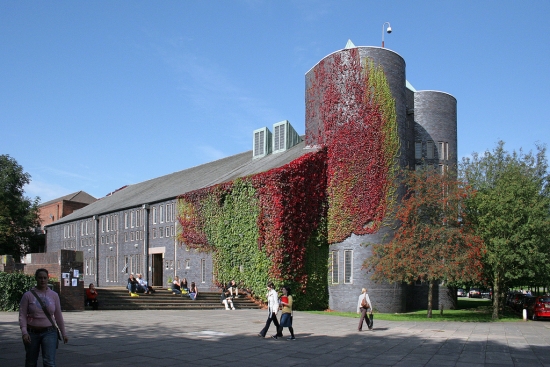Cuts to legal aid is forcing the closure of nearly a third of Shelter’s housing advice centres and pushing the Red Cross to abandon its support for family reunions, the organisations claim. The final decision to close down nine Shelter offices across England this month, with the loss of 80 to 100 jobs is blamed on the removal of funding for legal advice and representation for routine housing applications from 1 April this year.

Keele University will be plugging the gap by training community legal companions
The British Red Cross says the budget cuts will force it to take away expert help to those trying to bring their children into the United Kingdom to escape persecution and violence abroad and has declared the government’s economies as an assault on “family life”. Citizen Advice Bureaux are also sending out redundancy letters.
Shelter has been forced to close down nine advice centres in Rotherham, Dover, Ashford, Milton Keynes, Cheshire, Somerset, Gloucester, Hertfordshire and Cumbria.
Head of policy at the British Red Cross, Jonathan Ellis said: “We are going to have to turn people away. We are not going to be able to provide the full support we have in the past.
“We have been supporting around 10,000 clients a year. I cannot believe the government really intends to do this. It is supposed to be in favour of family friendly policies.”
Cuts to legal aid have coincided with pressure on the local government spending, increasing financial pressures on advice centres. Harlow Council has removed funding from a local advice centre and is now facing a legal review challenge over its decision. The council says it is funding a CAB in the town.
Most independent law centres are likely to survive by being creative with their limited resources. Low level charging has begun for advice in some cases and £65m of lottery and government money has been made available to cover a “transition” period.
Other adaptations are expected. Lawyers are likely to be asked to offer more legal assistance on a free, or pro-bono, basis. At Teeside University, law students are offering free assistance and some representation to the local community, while Keele University is working in partnership with the judiciary, law profession and third sector to train “community legal companions” to provide support to litigants fighting cases on their own.
Lord McNally, the justice minister said: “The advice sector has an important contribution to make and I recognise government has a role to play in supporting charities as they adapt to new funding realities. That’s why we, with the Big Lottery Fund, are providing £65m for this over the next two years. But charities cannot escape the tough decisions councils, government departments and others have to make in the current economic climate.”
Previous Post
Construction Work to Begin on Airport City Next Month
No related posts found for this post.